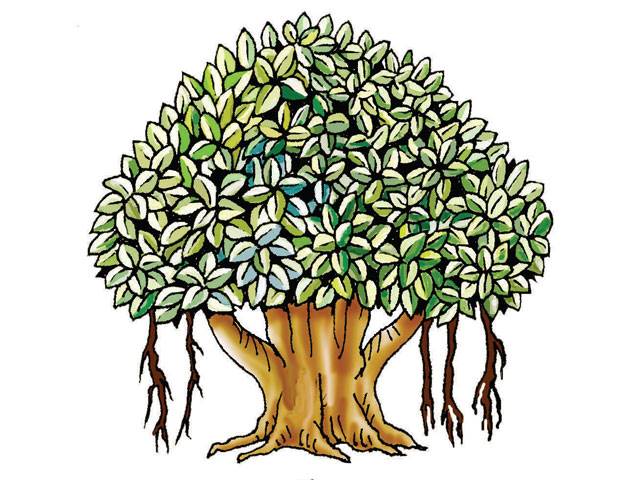The XIV Dalai Lama
The purpose of life is to strive for happiness. We are here; we exist and we have the right to exist. Even non-sentient beings like flowers have the right to exist. And as sentient beings, we have even more mechanisms to help us survive.
Pleasure and pain; happiness and unhappiness, are things that we need to examine in more depth. For example, every sentient being has the right to survive; this means having a desire for happiness or comfort: that’s why sentient beings strive to survive. Therefore, our survival is based on hope – hope for something good: happiness. Because of that, i always conclude that the purpose of life is happiness. With hope and a happy feeling, our body feels well. Health depends on a happy state of mind.
Anger, on the other hand, is based on a sense of insecurity and brings us fear. Anger is bad for our health.
Attachment is an element that is helpful for survival. So, even a plant, without any conscious element, still has some chemical aspect that causes it to protect itself and helps its growth. Our body, on a physical level, is the same, but our body also has a positive element on the emotional level that brings us to have attachment to someone or attachment to our own happiness. Anger, on other hand, pushes us away from things including happiness. On a physical level, the pleasure that happiness brings is good for the body; while anger and the unhappiness it causes is harmful. Therefore, from the perspective of the pursuit of survival, the purpose of life is to have a happy life.
What is happiness? Sometimes physical suffering can even bring a deeper sense of satisfaction like with an athlete after a gruelling workout. So “happiness” means mainly a sense of deep satisfaction. The object of life or our goal, then, is satisfaction.
Happiness, sadness or suffering – for these, there are two levels: a sensorial level and a mental level. The sensorial level is common with tiny mammals, even insects – a fly. In a cold climate, when the sun comes out, a fly shows a happy aspect: it flies around nicely. In a cold room, it slows down: it shows a sign of sadness.
Now, what are the causes of happiness? A calm mind is very important. It doesn’t matter, our physical situation; mental calmness is most important. So, how can we bring about a calm mind?
Now, to get rid of all problems, that would be impractical; and to make the mind dull and forget about our problems, that doesn’t work either. We have to look clearly at our problems and deal with them, but at the same time keep a calm mind so that we have a realistic attitude and we are able to treat them well, deal with them well.
The more compassionate our mind is, the better our brain functions. If our mind develops fear and anger, then our brain functions more poorly.
Buddhism says the same. When negative emotion develops, we can’t see reality.
Compassion and affection help the brain to function more smoothly. It gives us inner strength and self-confidence and that reduces fear, which, in turn, keeps our mind calm. Therefore, compassion has two functions: it causes our brain to function better and it brings inner strength. These, then, are the causes of happiness.
Abridged excerpt from dalailama.com
DISCLAIMER : Views expressed above are the author’s own.



